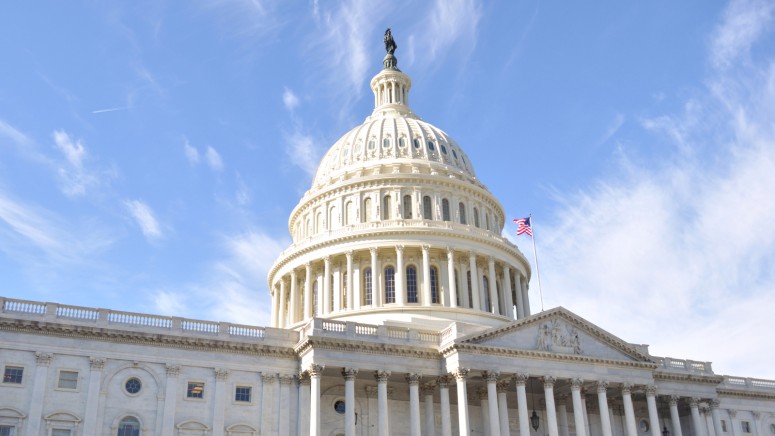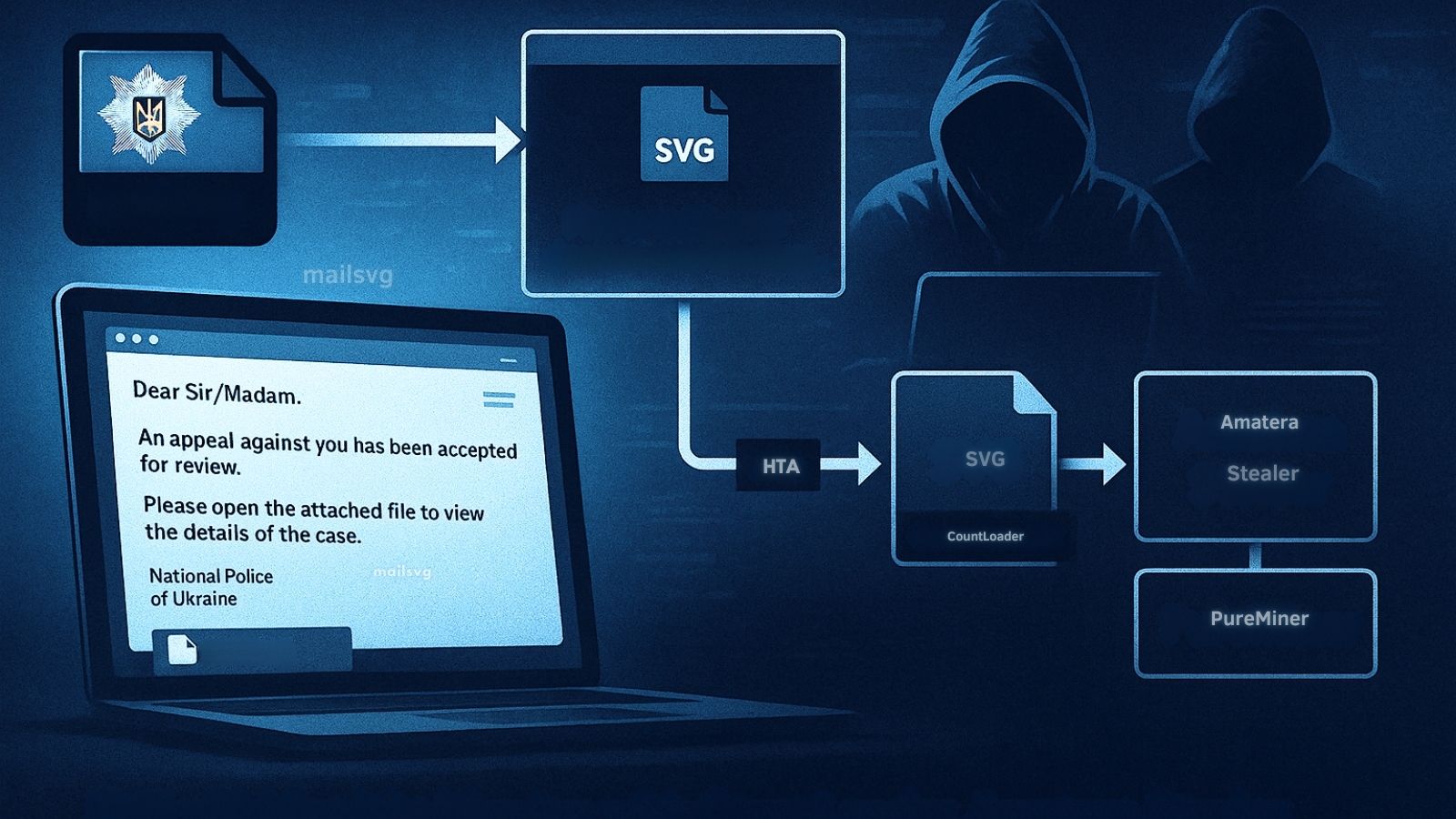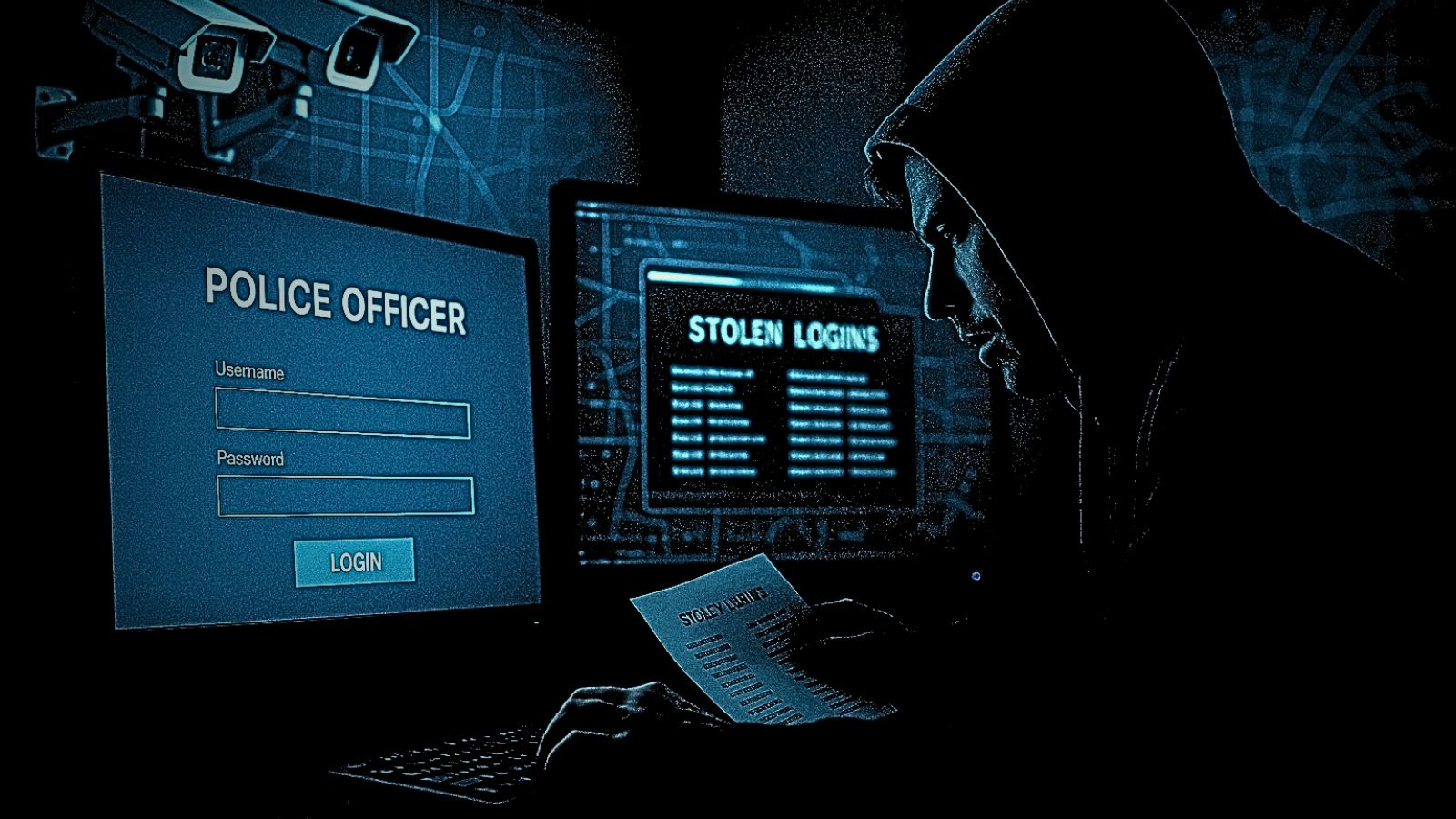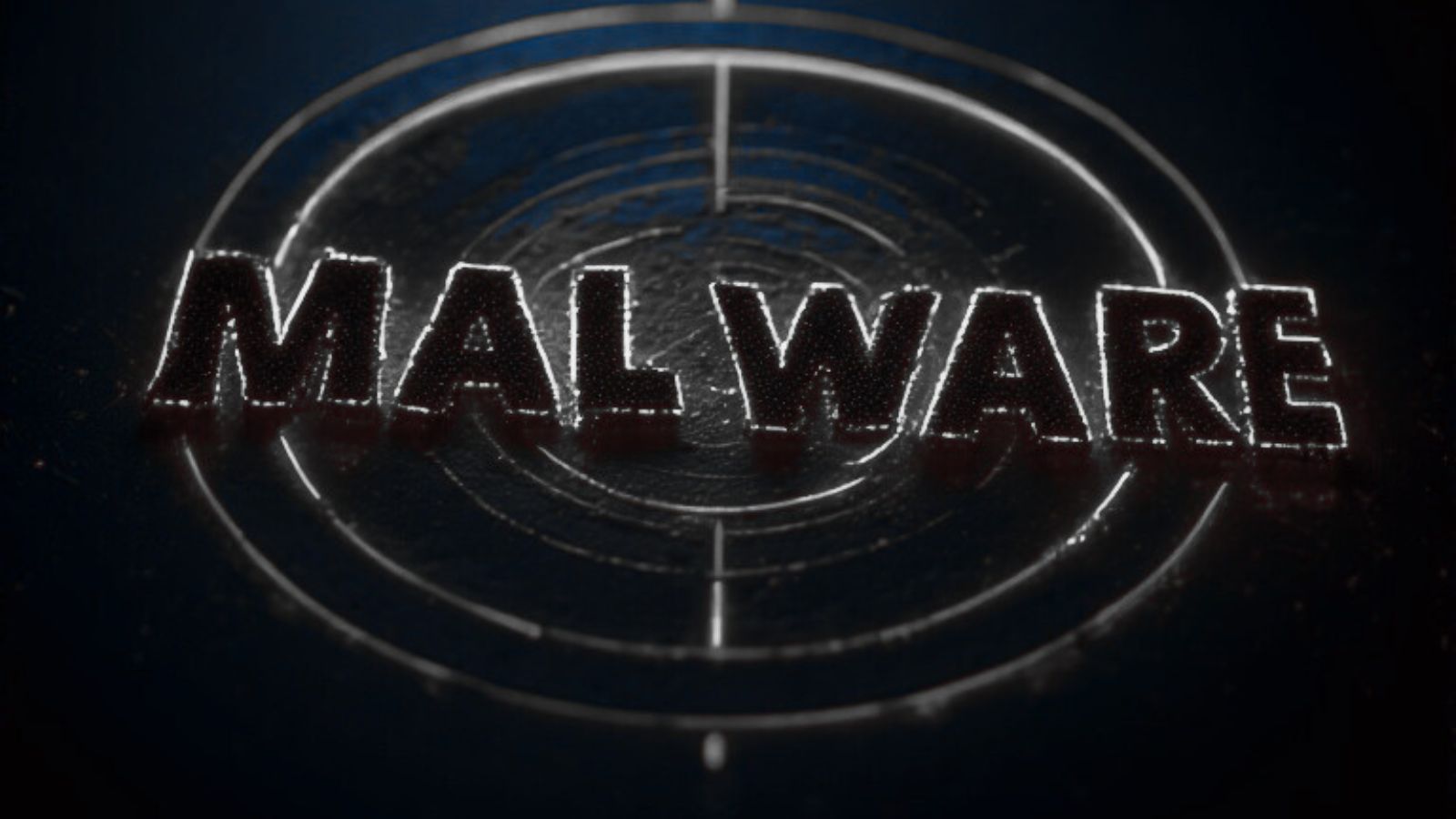
Two Senators Propose New Bill to Officially End NSA Phone Surveillance
- The U.S. Senate wants to prevent the NSA and any other agency from spying people again.
- A new bill proposal suggests the amendment of Section 215 and introduces more independent oversight.
- The new bill is touted as bipartisan, but its passing is not certain at all as the Senate Leader is not supporting it.
Senators Ron Wyden and Steve Daines have introduced bipartisan legislation which would officially end NSA’s massive phone record program from which the agency pulled the plug back in last autumn. Collecting phone data without having warrants to do so was an ordinary procedure for the National Security Agency, and went against the basic constitutional rights of the U.S. residents. Although the NSA deleted the call logs they had collected over the years following database contamination, the need to put an end to this practice officially was long overdue.
I just introduced bipartisan legislation to formally end the NSA’s phone surveillance program and overhaul collection of Americans’ private records to protect constitutional rights. Liberty and security aren’t mutually exclusive.
— Ron Wyden (@RonWyden) January 23, 2020
The new bill is bringing reforms on Section 215 of the Patriot Act, as well as the FISA (Foreign Intelligence Surveillance) process. Moreover, it expands oversight and accountability and closes any “secret law” loopholes that are in place. More specifically, the new bill will do the following:
- Prohibit the warrantless collection of cell site location and GPS information, as well as the browsing history and internet search history of users.
- Limit the criminal cases in which Section 215 applies.
- Introduce the requirement to justify FISA Court orders in relation to Section 215 orders.
- Eliminate the vague “relevance” standard.
- Expand the role of the independent amici curiae.
- Increase the FISA Court judge diversity.
- Introduce new public reporting requirements in relation to Section 215 cases.
- Upgrade the overseeing role of the Inspector General.
- Prohibit all surveillance activities that take place outside the FISA process.
- Close loopholes in the Stored Communication Act and the Electronic Communications Privacy Act.
While the new legislation aims to defend the people’s Fourth Amendment rights, and although it is touted as bipartisan, nothing is certain about its fate. Privacy advocacy groups in the United States like the “FreedomWorks”, "Demand Progress", and “Free Press” have already openly expressed their support for the bill, while many other Senators will surely vote for the new law. However, there are some like Senate Majority Leader Mitch McConnell, who is unlikely to support the reform of Section 215.
STATEMENT: Demand Progress endorses FISA reform bill, introduced by Senators @SteveDaines @RonWyden and @RepZoeLofgren @RepJayapal @WarrenDavidson
The bill would enact long overdue surveillance reforms, including to #Section215 of the #PATRIOTAct https://t.co/ZFOAfSsCPr] pic.twitter.com/Ot4vHMkaNg
— Demand Progress (@demandprogress) January 23, 2020
Jack Mannino of nVisium told us: “These are important steps towards protecting the civil liberties and Fourth Amendment rights of citizens. Intelligence agencies do important work, and it’s necessary for them to be able to do their jobs while preserving legal and moral boundaries.”
Steve Durbin of ISF commented that: “There should be a balance between the law enforcement authorities and fighting crime. The debate has been ongoing on how to strike the right balance, as protecting the personal data while protecting the people’s rights is a hard feat to achieve. Transparency and oversight are fundamental requirements and this Bill is at least an attempt, on a bipartisan basis, to address what will be an ongoing challenge in our increasingly cyber-enabled world.”













